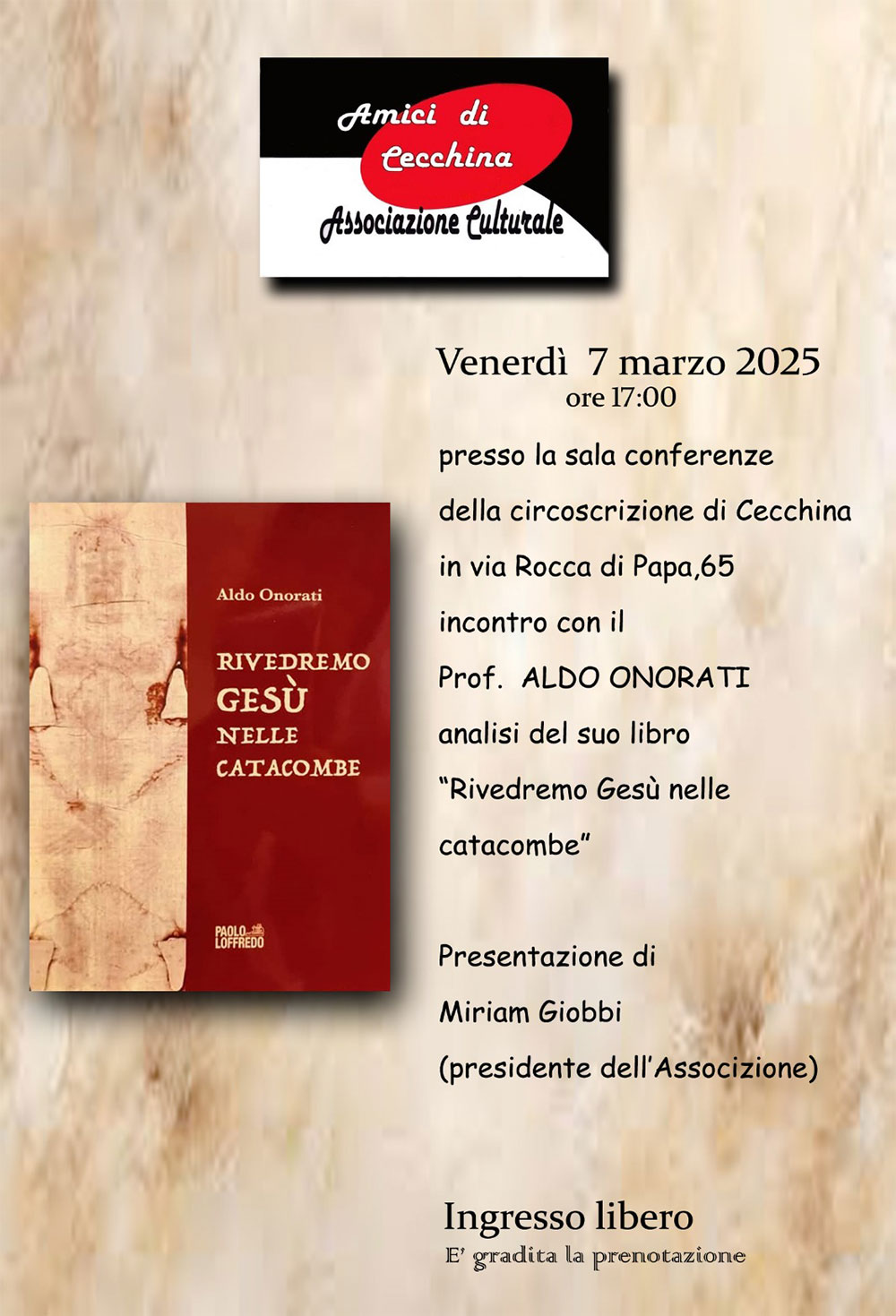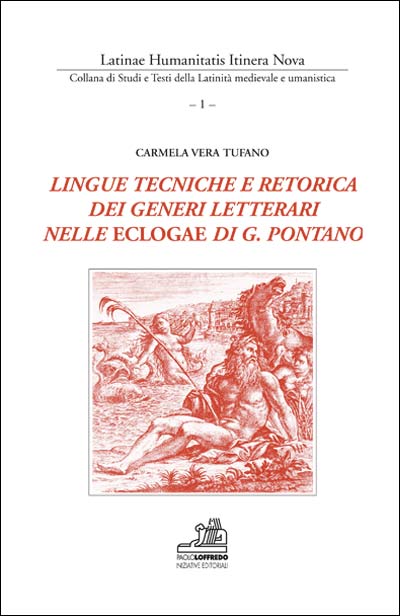 Paolo Loffredo, sixth generation of a large family of publishers and booksellers engaged in the production and distribution of books since the late nineteenth century, creates in 2012 the new editorial company Paolo Loffredo Editore. The historical site was until the '80s in the heart of the historic centre of Naples in Via San Biagio dei Librai, lower Decumano and also known as the SpaccaNapoli.
Paolo Loffredo, sixth generation of a large family of publishers and booksellers engaged in the production and distribution of books since the late nineteenth century, creates in 2012 the new editorial company Paolo Loffredo Editore. The historical site was until the '80s in the heart of the historic centre of Naples in Via San Biagio dei Librai, lower Decumano and also known as the SpaccaNapoli.
At the beginning of the twentieth century, Giuseppe Loffredo decided to add book selling to the book production, which definitively imposed itself after World War II with the publication of manuals for the University and for the School that succeeded in establishing themselves soon throughout Italy.
LAST EVENT
"Rivedremo Gesù nelle catacombe"
07 Marzo 2025 - Sala Conferenze circoscrizione di Cecchina - via Rocca di Papa 65, Albano Laziale (RM) - ore 17,00

Lingue tecniche e retorica dei generi letterari nelle Eclogae di G. Pontano
ISSN 2611-2795
Language: Latin, Italian
Publisher: Paolo Loffredo Iniziative Editoriali

Description
Book Preview
Review by Bollettino di studi Latini
Review by ATHENAEUM - Università di Pavia
Lingue tecniche e retorica dei generi letterari nelle Eclogae di G. Pontano
In the vast production of the humanist Giovanni Pontano, the collection of compositions entitled "Eclogae" represented for a long time a side considered marginal; the vaguely bucolic dress of the ecloghe that compose it often made us think of a homage to the bucolic literary little engaged; on the other hand, the heterogeneity of the contents and the interweaving of genres that are found throughout the collection have caused quite a few difficulties on the interpretative level. Hybrid and experimental work, the Eclogae, with their multiple ideological, political and poetological messages, embrace the entire biographical and literary parable of the author and reflect its characteristics and phases. Next to the testimony of the crucial moments of the era of which Pontano is the protagonist - from the exaltation of the Aragonese greatness in the Lepidina parades to desperation for a world and a splendor lost in the sorrowful songs of Pastor Meliseo in Acon - between the verses of collection also opens up the most intimate world of the poet, made of family affection, academic friendships, a daily life always caught with great vivacity: the drama of the death of the beloved Adriana plants in the Meliseus, the memory of a sodal disappeared in the Maeon , the transfer of deliveries to the favorite pupil in the Coryle, the lively and tender family dialogue of the Quinquennius. The pontanian eclogue thus opens up to innumerable literary and biographical suggestions, welcomes and re-elaborates ancient traditions within it, calling them to model in an original and refined way the new poetic horizon designed by the humanist. Likewise, this fortunate literary experiment makes use of a cultured language that draws heavily on texts from the past, but which is imposed in its innovative character and its dynamic and plastic nature.
All the compositions of the collection present such a stratification of rhetorically elaborated contents that their reading necessarily unfolds on different levels of interpretation; this volume is born from the desire to give this work an exhaustive interpretation, which takes into account both its peculiar linguistic and literary aspects as well as its historical dimension and its importance in the cultural and political landscape of the period, of which it constitutes a refined expression.
Author
Carmela Vera Tufano was born in Avellino in 1983. In 2007 she got a degree in Ancient world philology, literature and culture at University of Naples Federico II, with a thesis about Medieval latin literature and Humanistic on the bucolic tradition in Giovanni Pontano’s Eclogae. Between 2008 and 2011 she conducted a research with University of Naples Federico II and the Eberhard Karls Universität of Tübingen with a thesis on Giovanni Pontano’s Eclogae. Then, between 2012 and 2013, as the wined of a research allowance, she worked in the Humanistic studies department. In 2014 she conducted a research stay at Hamburg university.
She is currently teaching literature in high school and published scientific paper about G. Pontano and G. Atilio’s poetry.














